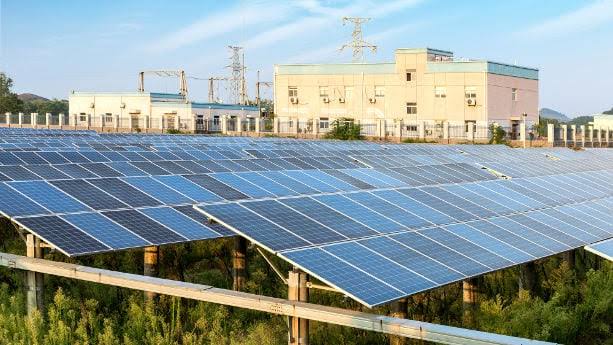Africa stands at a critical juncture in its energy journey. The continent, rich in traditional energy resources, is now grappling with the urgent need for an energy transition towards more sustainable sources. This transition, while essential, is fraught with challenges but also presents unique opportunities for growth and development.
Challenges in Africa’s Energy Transition
- Infrastructure and Investment Constraints: One of the biggest hurdles in Africa’s energy transition is the lack of adequate infrastructure and investment. Many African countries struggle with outdated and insufficient energy infrastructure, making it difficult to integrate renewable energy sources efficiently. According to the International Energy Agency (IEA), sub-Saharan Africa requires $300 billion in investment by 2030 to achieve universal electricity access. Moreover, the World Economic Forum notes that investment in renewable energy in Africa is hindered by regulatory uncertainty and lack of market structure.
- Energy Poverty: Despite being rich in energy resources, Africa faces a paradox of energy poverty. The IEA reports that over 600 million people in sub-Saharan Africa lack access to electricity. This energy poverty limits economic growth and development and poses a significant challenge to the transition, as meeting these basic energy needs often takes precedence over sustainable development goals.
- Balancing Economic Growth and Environmental Sustainability: Many African countries rely heavily on fossil fuels for their economic development. Transitioning away from these resources could have short-term economic implications. The African Development Bank Group highlights the challenge of balancing economic growth with the need for environmental sustainability, a task that requires careful planning and support from international partners.
Opportunities in Africa’s Energy Transition
- Abundant Renewable Resources: Africa is endowed with vast renewable energy resources, including solar, wind, hydro, and geothermal energy. The continent receives abundant sunshine, making solar energy a particularly promising avenue. The International Renewable Energy Agency (IRENA) estimates that Africa has the potential to meet nearly a quarter of its energy needs through indigenous and clean renewable energy by 2030.
- Potential for Leapfrogging: Africa has the opportunity to leapfrog traditional energy development stages and directly adopt modern renewable technologies. This leapfrogging can be seen in the rapid adoption of mobile technology in the continent, bypassing traditional landline infrastructure. Similarly, decentralized renewable energy solutions, like solar home systems, offer a viable and rapid solution to address energy access challenges.
- Economic and Employment Opportunities: The transition to renewable energy offers significant economic and employment opportunities. According to a report by IRENA, renewable energy has the potential to create more than 2 million jobs in Africa by 2050. Additionally, developing a local renewable energy industry can stimulate industrialization, foster technological innovation, and create a new market for energy products and services.
- International Support and Collaboration: Africa’s energy transition is gaining international attention, with many global initiatives and partnerships focusing on supporting sustainable energy development on the continent. For instance, the African Union’s Agenda 2063 and the United Nations’ Sustainable Development Goals provide frameworks for international cooperation and support in Africa’s energy transition journey.
Moving Forward
The path forward for Africa’s energy transition requires a multifaceted approach:
- Strengthening Policy and Regulatory Frameworks: Effective policies and regulations are essential to attract investment in renewable energy. Governments need to create conducive environments for private sector investment and develop frameworks that encourage the adoption of renewable energy technologies.
- Fostering Public-Private Partnerships: Collaborations between governments and the private sector can mobilize the necessary capital and expertise for large-scale renewable energy projects. Public-private partnerships can also ensure the sustainability and scalability of these initiatives.
- Capacity Building and Technology Transfer: Building local capacity in renewable energy technologies is crucial for the sustainable development of the sector. Technology transfer and training programs can empower local communities and create a skilled workforce to support the energy transition.
- Focusing on Energy Access and Equity: Ensuring equitable access to energy should be at the core of the transition. Strategies should focus on bridging the energy divide and providing sustainable and affordable energy solutions to underserved populations.
In conclusion, while Africa’s energy transition faces significant challenges, it also presents vast opportunities for sustainable growth and development. The continent’s journey towards a sustainable energy future requires collaborative efforts, innovative solutions, and a commitment to balancing economic growth with environmental sustainability. With the right policies, investments, and international support, Africa can harness its renewable energy potential and embark on a path to a brighter, more sustainable future.



